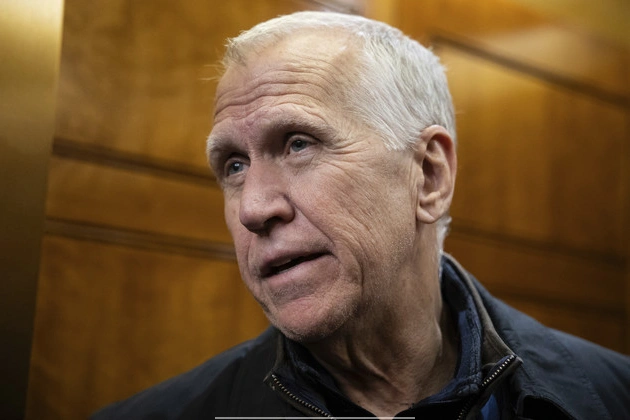
Republicans face a challenging tax battle as they navigate between extending tax cuts and implementing noticeable spending cuts. The 2017 tax cuts didn’t earn much voter appreciation, and the current sequel might face an even tougher sell.
The Dilemma of New Tax Breaks
The new GOP package includes plans for additional breaks for tips, overtime pay, and a more generous deduction for state and local taxes. While some individuals stand to benefit from these new provisions, many may not notice significant changes in their paychecks. This is primarily due to the extension of existing tax breaks that have long been in place.
Selling the Tax Narrative
For GOP lawmakers, the challenge lies in convincing voters of the necessity for these tax adjustments. While emphasizing the prevention of tax increases for millions of Americans, it remains uncertain how many are aware of the potential expiration of the 2017 tax cuts. The lack of perceived changes in individual taxes adds complexity to the sales pitch for the new tax package.
The Cost of Tax Plans
To offset the expenses associated with the tax plans, Republicans are considering spending cuts that could impact popular programs like Medicaid. This introduces a delicate balance between tax relief and budgetary constraints that may not garner immediate voter appreciation.
Political Dynamics and Tax Messaging
Unlike the 2017 tax scenario where the focus was on tax reductions, the current narrative revolves around averting impending tax hikes. Lawmakers acknowledge the shift in dynamics and the need to remind constituents of the benefits they’ve enjoyed. The aim is to maintain existing tax advantages rather than introduce substantial cuts.
Future Implications and Uncertainties
While the proposed tax cuts, including those for tips, overtime pay, and seniors, hold potential benefits, the timing and magnitude of these measures remain undisclosed. This uncertainty raises questions about the immediate impact on taxpayers and the broader economy.
Addressing Constituent Concerns
Republicans argue that allowing the tax cuts to expire under Democratic leadership could have adverse effects. However, the effectiveness of this argument among the public, particularly small business owners, is yet to be fully determined.
Conclusion
The GOP’s tax battle underscores the intricate balance between tax policies and budget priorities. As lawmakers strive to navigate these complexities, the ultimate impact on taxpayers and the economy remains a subject of ongoing debate.











